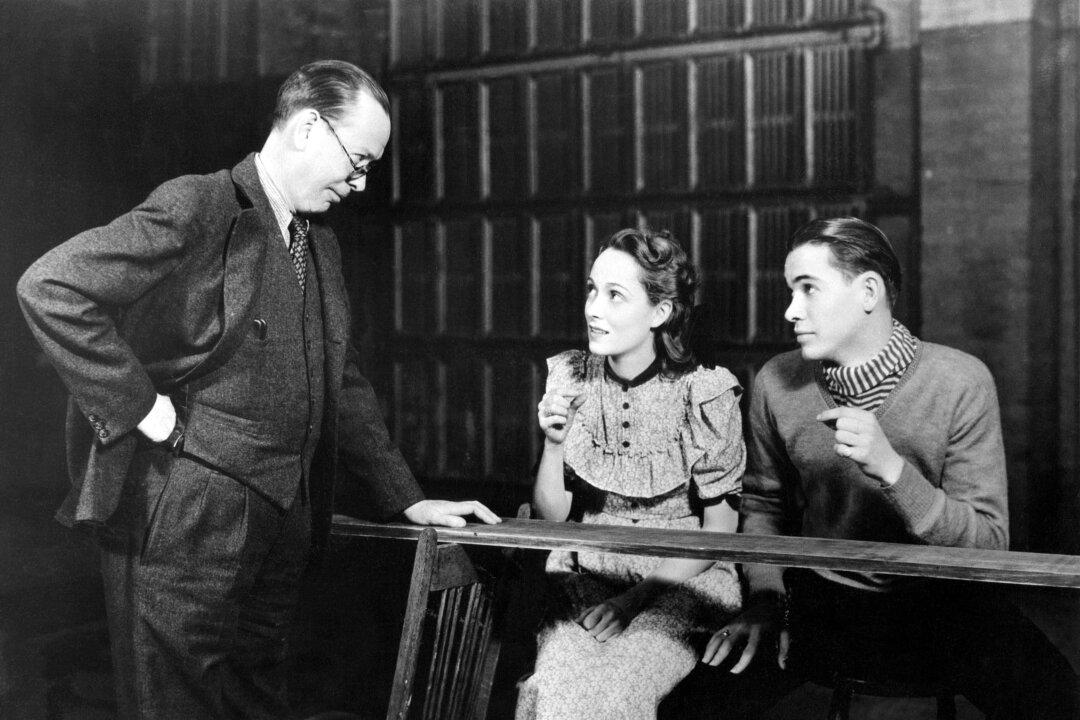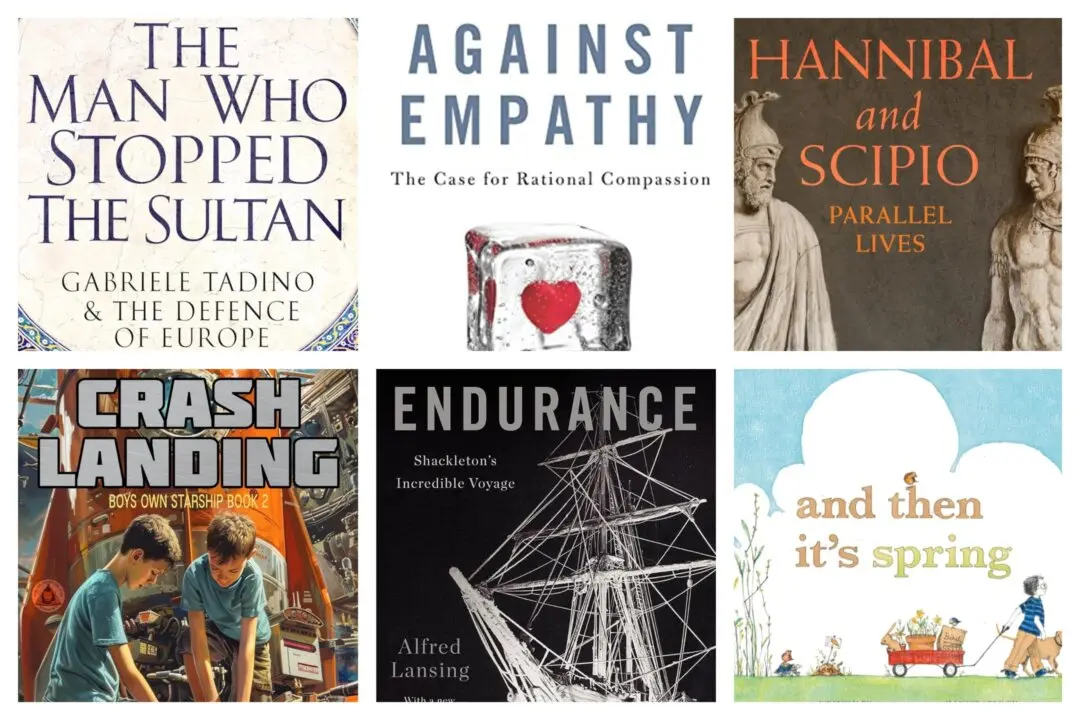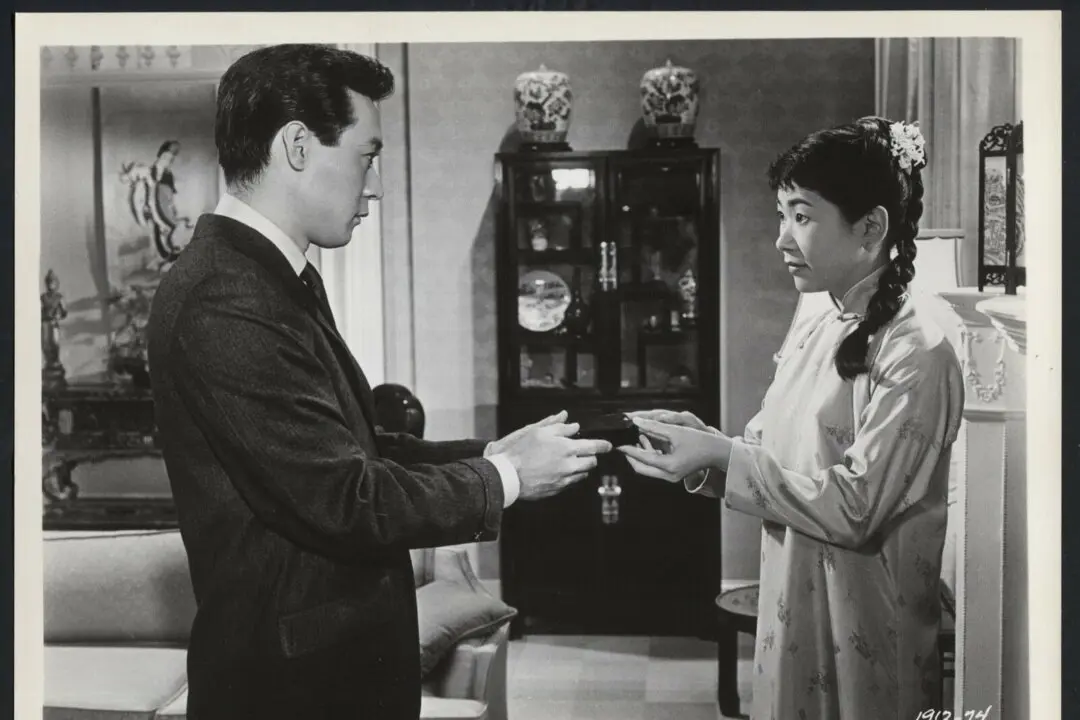Recently, a magazine editor told me that he hopes his writers ennoble their readers.
Now, there’s a word rarely heard these days. His comment sent me to my online dictionary for specifics, where I found the definition he doubtless intended: “to lend greater dignity or nobility of character to.” Certainly a worthy goal, and one that shouldn’t be restricted to the editor’s workhorses.






